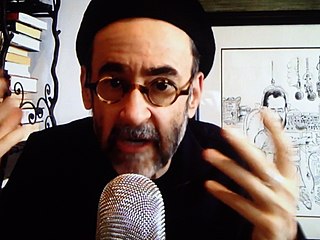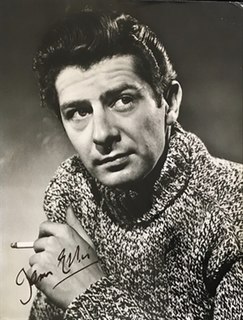A Quote by Toni Morrison
Literature, it seems to me, is wisdom.
Quote Topics
Related Quotes
It seems to me that literature is giving way a little bit to the immediacy of other diversions, other forms of entertainment. What will it be in fifty years? I don't know. Will there be printed books? Probably, but I'm not sure. There's always going to be literature, though. I believe that. I think literature has a way of getting deep into people and being essential. Literature has its own powers.
Some literature is knowledge, some is just data. But if I can get a "happy" ending - which is when for the characters I'm writing about, something happens that they move from wherever they are in the beginning to knowledge or wisdom, they know something they never would have acknowledged or realized if it hadn't been for my book - that for me is what literature does.
That love is a conflict seems to me obvious and natural. There isn't a single worthwhile work in world literature based on love that is only about the conquest of happiness, the effort to arrive at what we call love. It's the struggle that has always interested those who produce works of art - literature, cinema or poetry.
I see no reason in morality, why literature should not have as one of its intentions the arousing of thoughts of lust. It is one of the effects, perhaps one of the functions of literature to arouse desire, and I can discover no grounds for saying that sexual pleasure should not be among the objects of desire which literature presents to us, along with heroism, virtue, peace, death, food, wisdom, God, etc.
True perfection seems imperfect,
yet it is perfectly itself.
True fullness seems empty,
yet it is fully present.
True straightness seems crooked.
True wisdom seems foolish.
True art seems artless.
The Master allows things to happen.
She shapes events as they come.
She steps out of the way
and lets the Tao speak for itself.






































